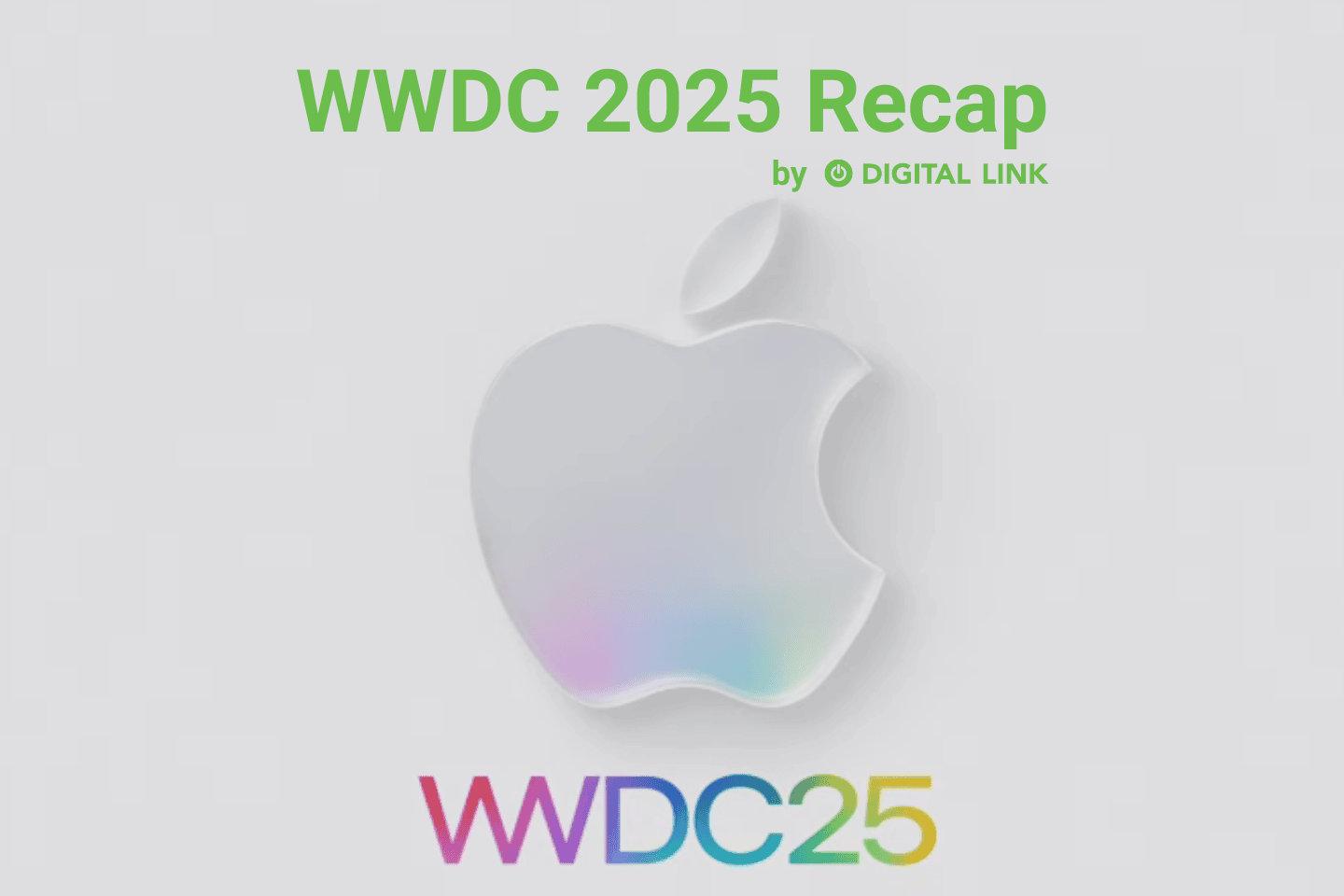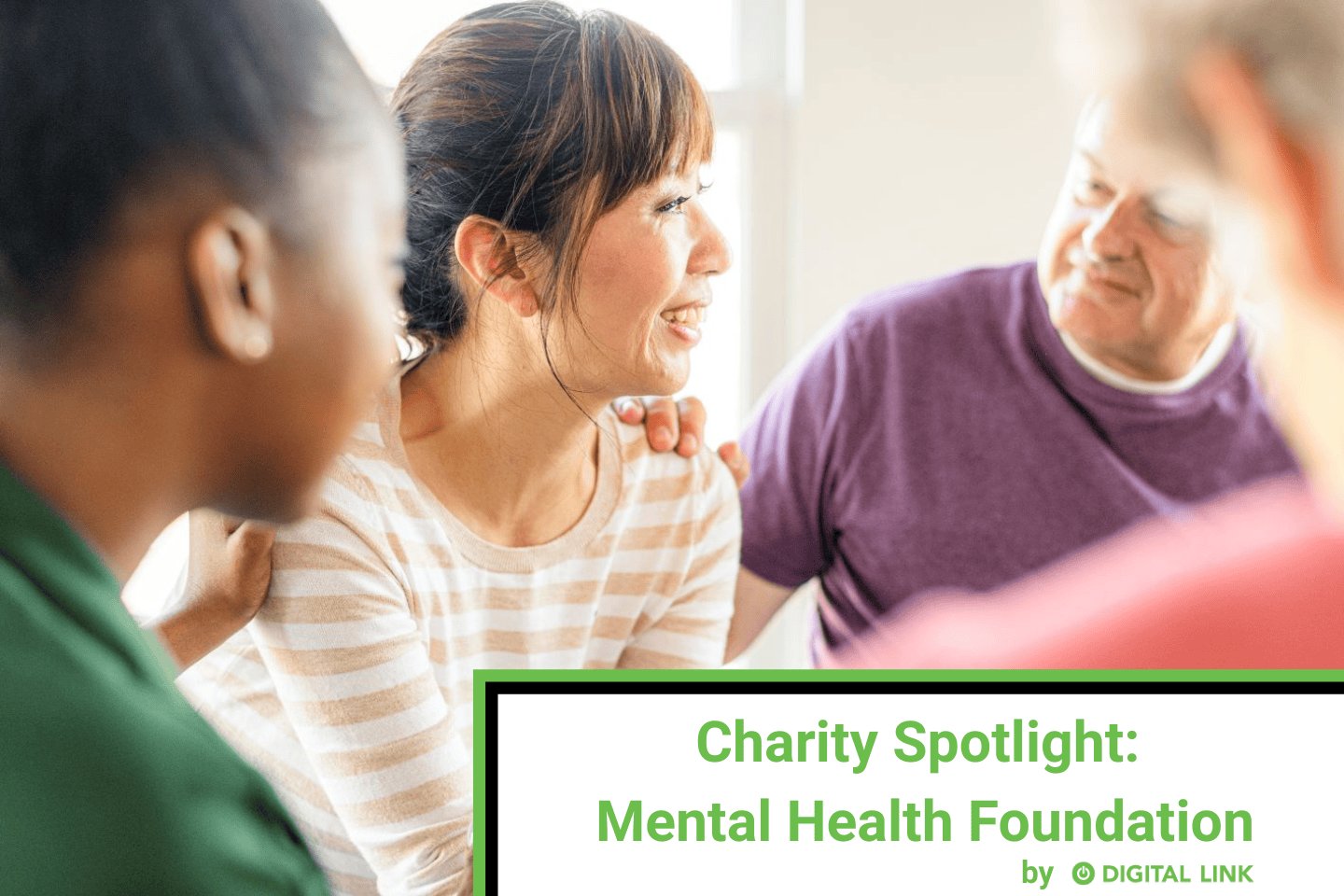
Today is Bell Let’s Talk Day in Canada, which is a great opportunity to talk about something that affects all of us, whether directly or indirectly – mental health.
Mental health is a complicated and diverse topic, and it would be silly to think we can solve it through a blog post. But there are a few ways that technology can really help people take care of their mental health.
Below are 3 of our favourite apps and 3 of our favourite podcasts that can help you support your mental health. Of course, none of these resources are a replacement for the care of a qualified professional. If you are in the Edmonton area, here is a directory of therapists who are eager to assist you.
3 apps that support good mental health
Headspace and Calm
Let’s go right to #1 – these apps are seriously beloved. I put them together because they are very similar in the promise they deliver – they make meditation easy. Although meditation isn’t going to solve mental illness, it does reduce stress and promote a sense of calm, which makes mental health (and life) easier to manage.
These apps are especially great for anxiety and insomnia (the sleep stories in Calm are wonderful).
Though both are free to trial, Headspace costs $96 USD/year, though right now there is a 40% off sale. Calm costs $60 USD/year after the free trial.
SuperBetter
A completely different kind of app – this one’s a game that “helps build personal resilience: the ability to stay strong, motivated, and optimistic even in the face of difficult challenges”. There have been a couple of studies done on the app. These studies show after regular playing over 30-40 days, subjects developed increased “resilience, optimism, social support, and players’ belief in their own ability to succeed and achieve their goals”. It works particularly well for anxiety and depression. Plus, it’s a game. How many of the games on your phone reduce symptoms of anxiety and depression?
To top it off, it’s completely free for Apple and Android users.
TalkSpace
If you can’t afford regular therapy, have anxiety about starting, or want to supplement your therapy, TalkSpace is a text-based therapy app that may be able to help. After a free consultation, you will have to sign up for membership to begin therapy. The prices start at $49USD/week, which is considerably lower than in-person therapy.
If you are dubious about how effective this would be, you aren’t on your own. But you might want to check out some client experiences, like this one, before you dismiss the idea.
3 Podcasts to support mental health
Therapy Chat, on her website, or on your favourite podcast app
Whether you need help surviving the holidays, dealing with bullying, or understanding trauma, Laura Reagan, LCSW-C, a Baltimore-based therapist, has an episode for you. Her voice is really calming, and her approach gentle. She specializes in issues of trauma, especially around family of origin. While not a replacement for therapy, her insights are invaluable.
The Hardcore Self-Help Podcast, here or on your favourite podcast app
This guy also wrote a book called Hardcore Self Help: F**k Anxiety, which should tell you everything you need to know about this podcast. Reviewers love the straight talk – though he is a PhD and trained therapist, Robert Duff is known for the down-to-earth way he talks about anxiety and depression. He answers questions from listeners – sometimes with colorful language. But always in the service of helping people improve their lives.
The Mental Illness Happy Hour, on the website or on your favourite podcast app
Mental illness can be a really heavy topic, but that doesn’t mean it has to be. If you are looking for a discussion about mental health issues with a bit of a sense of humour, this podcast will be right up your alley. They interview comedians, artists, doctors, and get fresh – and funny – perspectives on mental illness, trauma and addiction
The podcast is hosted by comedian Paul Gilmartin, who talks about his own traumas and what has helped him. If you want levity around the taboo subject of mental health, this podcast is a good bet.
Liked this article?
We are adding more useful articles to our blog every week! Join our subscribers to stay up to date on digital security, marketing, and social media trends.
By entering your email, you agree to receive our monthly newsletter. You can unsubscribe at any time!


